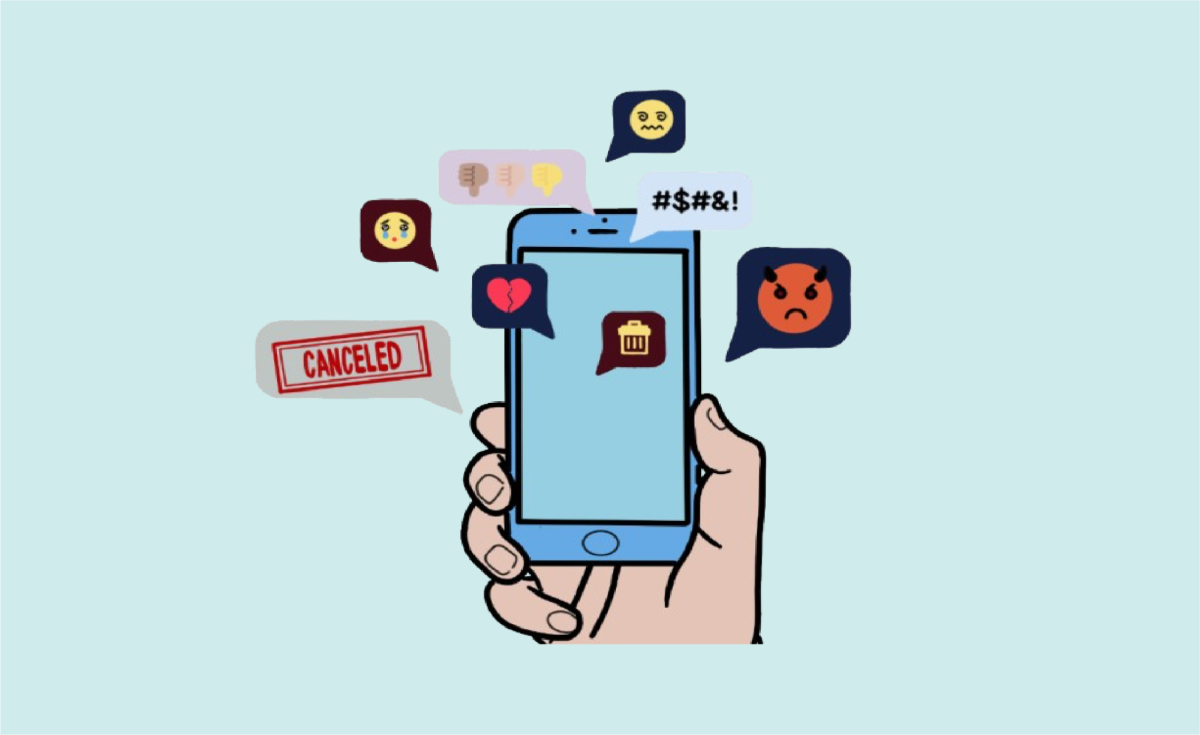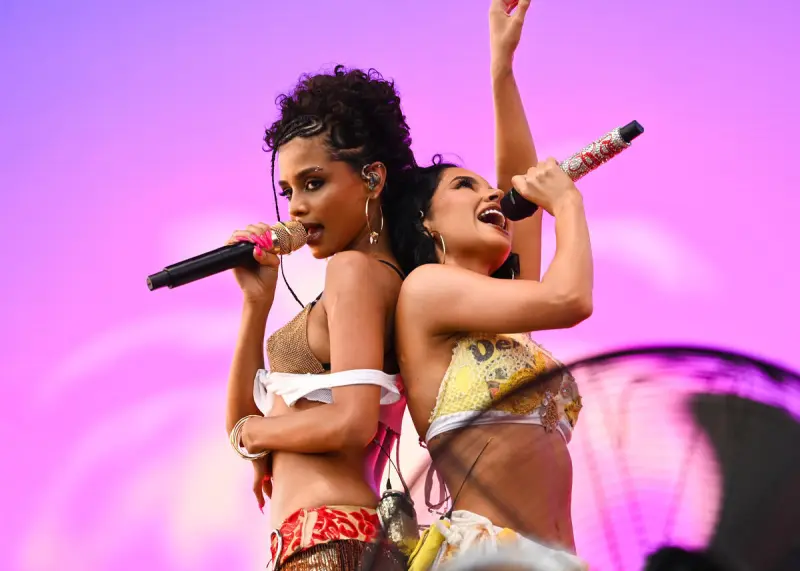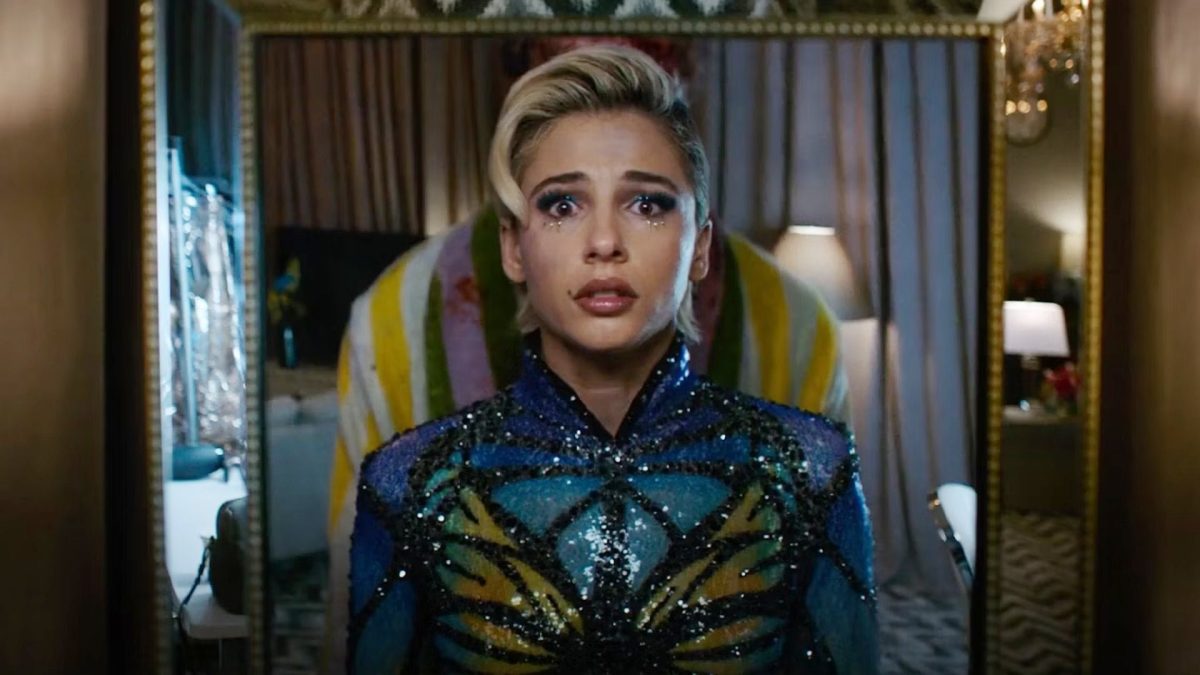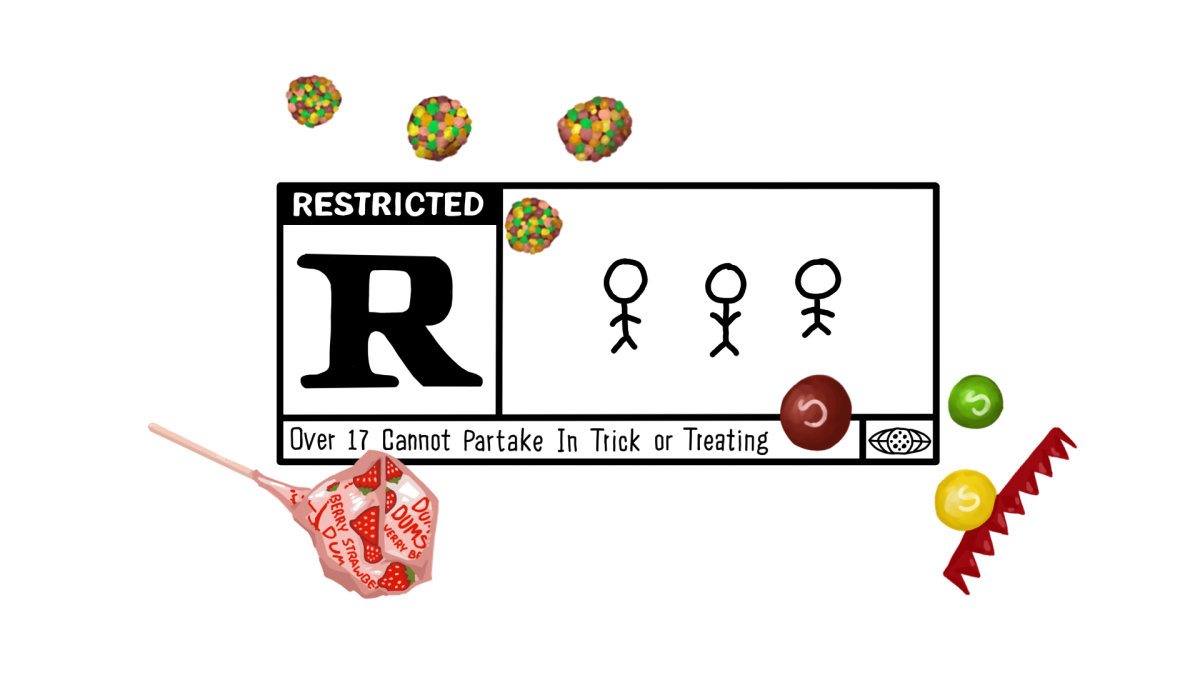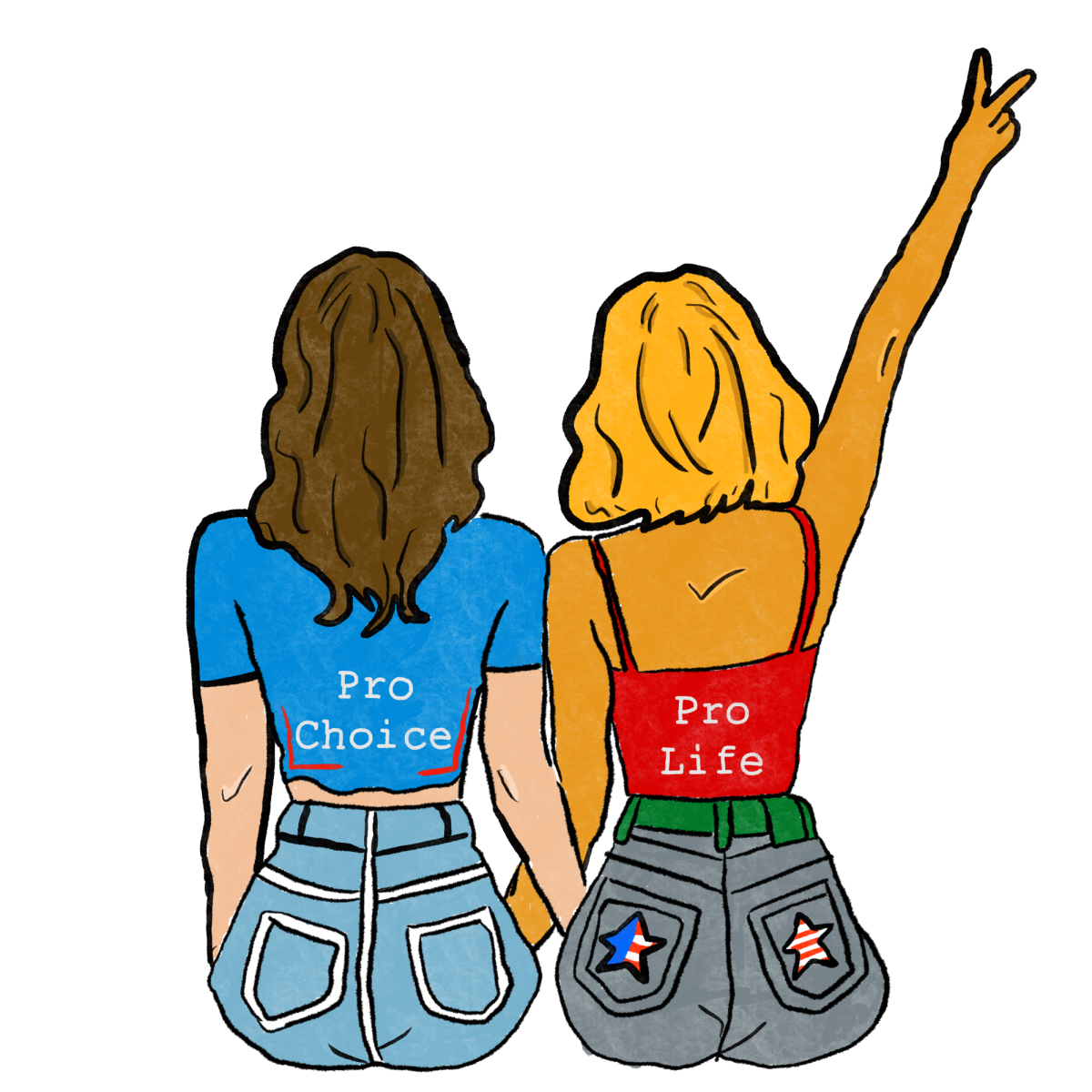When scrolling on TikTok, how many times a day do you think viewers will see an apology video because an influencer is being canceled for something they said or did? It seems like almost every day a different influencer is having to make an apology video. When influencers make these, they do so with the hope that viewers will forgive their faults and continue interacting with their content; the apology is ingenuine. Yet, sometimes, it seems that influencers are forgiven too quickly.
The act of canceling someone refers to boycotting or rejecting an influencer or celebrity for their wrongdoings or offensive behavior. It is a way to hold someone accountable for their actions. In modern society, we have seen the impact of cancel culture often in our daily lives, but does it truly benefit us?
Nowadays, whenever an influencer says or does something offensive, it becomes the hottest topic on social media. For a week, viewers will rage about the cancellation and the apology video that is usually uploaded in response. Then, just as quickly, they will get bored of this news and move on to the next hot topic. As a result, canceling someone becomes more of a trend and less of a way to hold others accountable. For example, TikTok influencer Isa Escu was canceled for saying the N-word in one of her videos last year, but a few weeks after the video was published, everyone appeared to move on from the incident as if nothing had happened. Now, Isa is thriving on her social platform, just as she was before the video surfaced. Initially, Isa lost about seven thousand followers but gained them back relatively quickly and now has an impressive following of 2.1 million. This type of response can give the wrong impression, that once an apology video is made, all can be forgiven.
Cancel culture is a powerful tool that helps bring social justice, yet it can also be widely misused. While many Influencers get canceled for valid reasons, sometimes it is taken too far, and an influencer who did not do anything wrong might come to be hated and their addresses and phone numbers may even be leaked to the public. Viewers can use the term “canceling” for instances that may just be human error.
Keeping this in mind, there are some positive aspects to cancel culture. Cancel culture prevents others from abusing their power and makes them aware of their mistakes. An influencer’s main way of connecting with others is through their social platform, so when an influencer says something inappropriate or offensive, the best way to draw attention to their mistake is to, for lack of a better word, cancel them. It spreads awareness to others, ensuring that the mistake will not happen again.
While cancel culture started as a way to hold people accountable, it is now being overused. The rapid forgiveness and return to normality undermine its purpose and makes canceling someone a less effective way to bring attention to an influencer or a celebrity’s wrongdoings. Although there are positive features to cancel culture, it seems as though the cons outweigh the pros.


